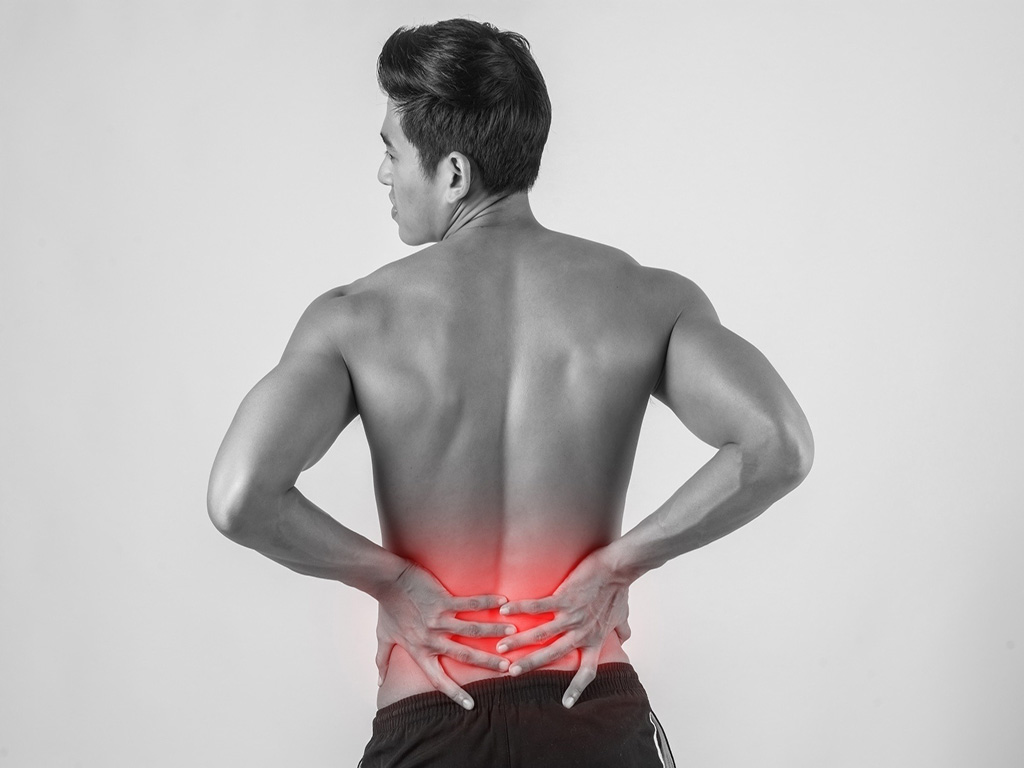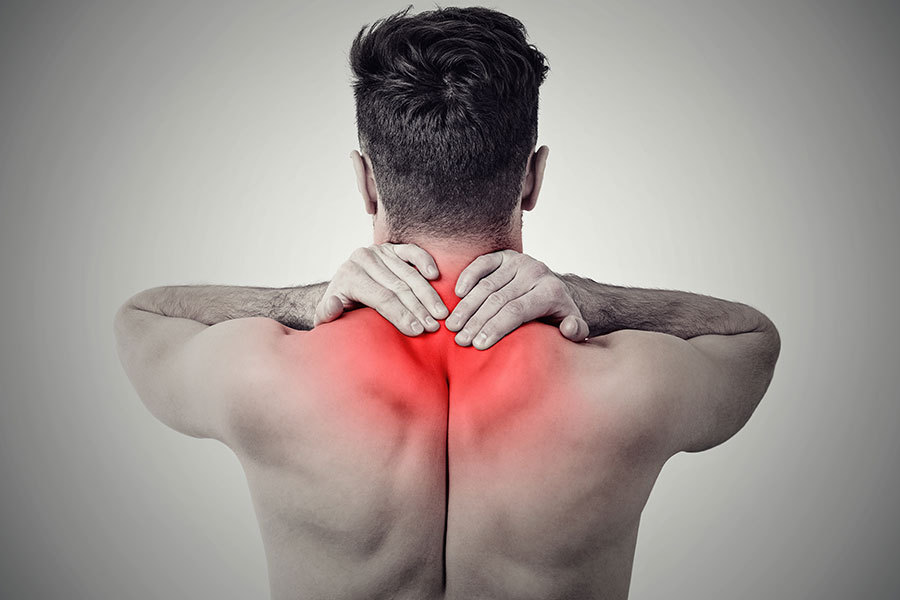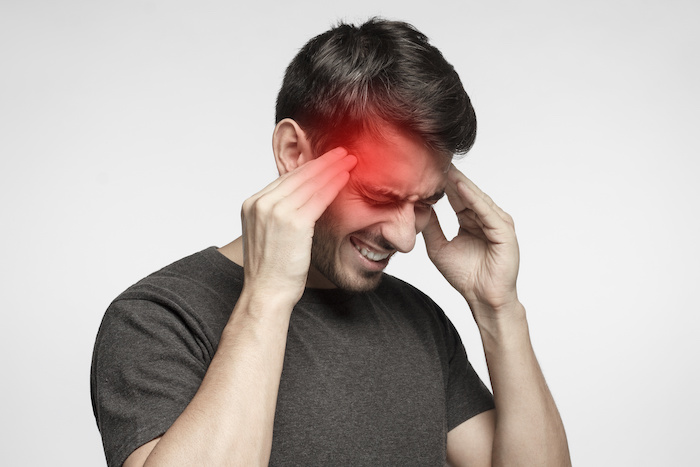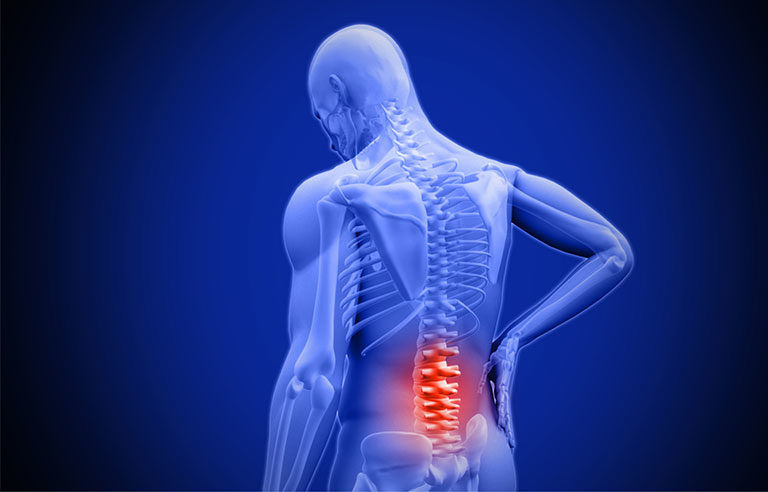Back pain is a common condition that many people experience at some point in their lives. It can stem from various sources, including muscle strain, spinal issues, and poor posture. However, many people are surprised to learn that gastrointestinal (GI) issues, such as gas, bloating, and indigestion, can also lead to back pain. This article delves into the connection between gastric issues and back pain, exploring how digestive disturbances may influence pain in the back and providing tips for managing these symptoms effectively.
Understanding Gastric Issues
“Gastric issues” is a broad term that encompasses a variety of digestive disturbances. These include conditions like gas, bloating, acid reflux, indigestion, and even irritable bowel syndrome (IBS). These issues can arise from various factors, including dietary habits, stress, certain medical conditions, or infections. Many of these gastric issues can trigger symptoms beyond the digestive tract, affecting other areas of the body, including the back.
How Gastric Issues Can Lead to Back Pain
The connection between gastric issues and back pain is complex and can result from multiple mechanisms. Here are some ways in which digestive problems may lead to discomfort in the back:
- Gas and BloatingWhen gas builds up in the digestive system, it can lead to bloating and cause pressure in the abdomen. This added pressure may exert stress on the muscles and nerves surrounding the abdomen, which can radiate to the lower back. People often experience cramping or sharp pains that may extend to the back, especially in cases of severe gas and bloating.
- Acid Reflux and HeartburnAcid reflux occurs when stomach acid moves back up into the esophagus, leading to a burning sensation in the chest, often referred to as heartburn. In some cases, this discomfort can spread to other areas, such as the upper back. This referred pain can be particularly distressing and may mimic other conditions, such as cardiac pain, making it important to differentiate the source.
- Indigestion and DyspepsiaIndigestion, or dyspepsia, is a general term for discomfort in the upper abdomen. This discomfort can sometimes extend to the back, particularly if the stomach is inflamed. The irritation in the stomach lining can cause muscle tension and discomfort in the nearby area, including the mid-back region.
- Irritable Bowel Syndrome (IBS)IBS is a condition that affects the large intestine and can lead to symptoms like cramping, bloating, gas, and changes in bowel habits. Many people with IBS report back pain, which may be due to abdominal cramping or the buildup of gas and pressure in the intestines. The pain from IBS-related gas and bloating may be felt in the lower back, as well as the abdomen.
- Peptic UlcersPeptic ulcers are sores that develop in the lining of the stomach or the upper part of the small intestine. They can cause burning pain in the abdomen and, in some cases, lead to referred pain in the back. This is because the nerves in the abdomen are interconnected, and pain in one area can sometimes be perceived in another.
- Gallbladder DiseaseThough not directly related to gastric issues, gallbladder disease can lead to digestive symptoms and radiating pain in the upper right abdomen, which can also be felt in the upper back. Gallstones or inflammation of the gallbladder can cause significant pain, particularly after eating fatty foods.
Why Gastric Issues Can Affect the Back
The connection between gastric issues and back pain lies in the complex network of nerves within the body. The digestive tract and the muscles in the back are linked through a shared nerve pathway called the enteric nervous system. When there is irritation or inflammation in the digestive tract, these nerves can transmit pain signals to other regions, including the back.
Additionally, when gastric issues lead to cramping or bloating, the muscles in the abdomen may tighten or spasm. This tension can extend to the back muscles, especially in the lower back, creating discomfort and sometimes pain.
Other Potential Causes to Consider
While gastric issues can contribute to back pain, it’s essential to consider other potential causes. For example:
- Kidney stones can cause pain in the lower back that may mimic pain from gas.
- Spinal issues such as herniated discs, arthritis, or muscle strain can also lead to back pain that may feel similar to discomfort from digestive issues.
- Pancreatitis, or inflammation of the pancreas, can cause abdominal and back pain, especially after eating.
If you are experiencing persistent or severe back pain, it is important to consult with a healthcare provider to rule out other underlying causes.
Managing Back Pain Caused by Gastric Issues
If you suspect that your back pain may be due to digestive problems, there are several strategies you can try to alleviate both the gastric symptoms and the associated back pain:
- Dietary Changes
- Avoid foods that trigger gas, bloating, or reflux, such as carbonated drinks, fried foods, and spicy foods.
- Eating smaller, more frequent meals instead of large meals can help reduce bloating and minimize acid reflux.
- Incorporate fiber-rich foods to improve digestion and prevent constipation, which can contribute to abdominal pressure and discomfort.
- Stay Hydrated
- Drinking adequate water aids digestion and can help prevent constipation, reducing abdominal pressure that may radiate to the back.
- Gentle Exercise
- Physical activity, such as walking, can promote digestion and reduce gas buildup. Stretching exercises, especially those that target the abdominal and back muscles, can also relieve tension and reduce referred back pain.
- Mindful Eating and Stress Management
- Eating slowly and practicing mindful eating habits can reduce the amount of air swallowed, minimizing gas buildup.
- Stress can exacerbate both gastric issues and muscle tension, so practicing relaxation techniques such as deep breathing, meditation, or yoga may help ease both symptoms.
- Over-the-Counter Remedies
- For occasional gas pain, over-the-counter medications, such as simethicone, can relieve bloating and gas.
- Antacids may help reduce acid reflux symptoms. However, it’s best to consult a healthcare provider before using these medications regularly.
- Seek Medical Advice
- If your symptoms persist or worsen, consult a doctor for a thorough evaluation. Conditions like peptic ulcers, IBS, and gallbladder disease require medical management.
When to See a Doctor
If you experience persistent, severe, or unusual symptoms along with back pain, it is crucial to seek medical attention. Additionally, if you have symptoms such as unexplained weight loss, blood in stools, severe abdominal pain, or vomiting, these could be signs of a more serious condition that requires medical evaluation.
Conclusion
Gastric issues can indeed cause back pain due to the interconnectedness of nerves in the abdomen and back, as well as the physical pressure caused by bloating and gas. Understanding this connection can help individuals recognize the root cause of their discomfort and take steps to alleviate both gastric and back pain through lifestyle adjustments, dietary changes, and, when necessary, medical intervention. Taking proactive measures can help manage symptoms and improve overall comfort, reducing the impact of digestive issues on daily life.






